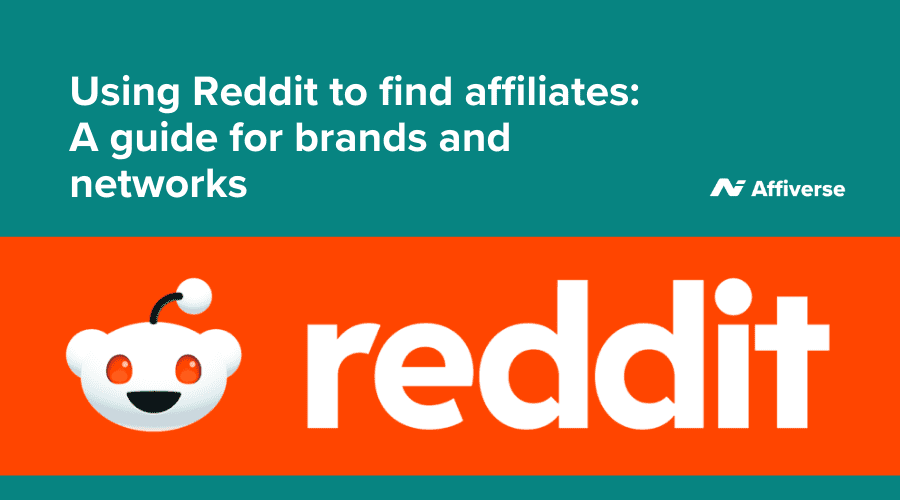The European Union has approved an outline of rules that make up the Digital Markets Act, which aims to be stricter against the uncompliant nature of Big Tech companies like Google, Meta, and Amazon. In particular, the aim is to curb anti-competitive abuses that allow the Big Five tech companies to become a monopoly on the market.
The companies affected are sure to include the five biggest tech companies in the western world, namely Amazon, Apple, Google, Meta, and Microsoft, but the European Parliament Council is also aiming to cover China’s biggest platforms like Booking and eCommerce giant Alibaba.
What are they regulating?
Although the initial idea is to curb big companies from using unethical means of monopolizing the market and to create a “more level playing field” according to the EU, there are to be additional restrictions in the Digital Markets Act on ideas like “combing personal data from different sources, mandates to allow users to install apps from third-party platforms, prohibitions on bundling services, and a prohibition on self-preferencing practices”.
The first of those regulations is of particular importance to marketers, who use data collected from users to alter marketing campaigns to better appeal to users. However, it has been a point of contention for users for years.
Proposed penalties for these tech giants for breaching the Digital Markets Act can be up to 10% of their annual worldwide turnover for infringements and repeated infringements can create fines of up to 20%.
What is the EU saying?
In a statement explaining the details of the act, lead MEP Andreas Schwab said, “The Digital Markets Act puts an end to the ever-increasing dominance of Big Tech companies. From now on, Big Tech companies must show that they also allow for fair competition on the internet.”
“The new rules will help enforce that basic principle. The time of long antitrust cases is over during which the authorities were lagging behind the big tech companies. Europe is thus ensuring more competition, more innovation, and more choice for users.”



















